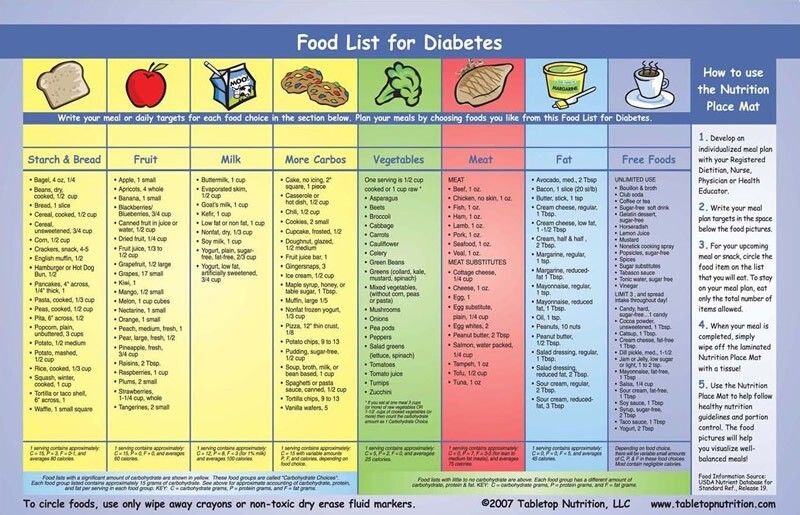Diabetes is a growing health concern worldwide, with an estimated 422 million people living with the condition. While there is no cure for diabetes, management of the disease is essential to prevent complications. One of the key components of managing diabetes is diet. A healthy diet can help keep blood sugar levels stable, reduce the risk of complications, and improve overall health.
Types of Diabetes
There are two main types of diabetes: Type 1 and Type 2. Type 1 diabetes is an autoimmune condition in which the body does not produce insulin, a hormone that helps regulate blood sugar levels. Type 2 diabetes is a condition in which the body becomes resistant to insulin or does not produce enough insulin to maintain normal blood sugar levels. Both types of diabetes require careful management, including attention to diet.
The Role of Diet in Diabetes Management
For people with diabetes, keeping blood sugar levels stable is crucial. This can be achieved through a combination of medication, exercise, and diet. A balanced diet that includes a variety of foods can help regulate blood sugar levels and reduce the risk of complications such as heart disease, kidney damage, and nerve damage. Special diets for diabetes may include specific recommendations for carbohydrate intake, meal timing, and portion sizes.
Carbohydrates and Blood Sugar
Carbohydrates are the main source of energy for the body and are broken down into sugar (glucose) during digestion. For people with diabetes, monitoring carbohydrate intake is important to prevent spikes in blood sugar levels. Foods that are high in carbohydrates, such as bread, pasta, rice, and sugary treats, can cause blood sugar levels to rise rapidly. Choosing complex carbohydrates, such as whole grains, fruits, and vegetables, can help keep blood sugar levels stable.
Meal Timing and Portion Sizes
Meal timing and portion sizes can also play a role in managing blood sugar levels. Eating smaller, more frequent meals throughout the day can help prevent spikes in blood sugar levels. Portion control is important for managing weight, which is a risk factor for developing Type 2 diabetes. Following a meal plan that includes a variety of foods from all food groups, including lean proteins, healthy fats, and fiber-rich carbohydrates, can help keep blood sugar levels stable.
Special Diets for Diabetes
There are several special diets that have been shown to be beneficial for people with diabetes. One popular diet is the Mediterranean diet, which emphasizes whole grains, fruits, vegetables, nuts, seeds, and olive oil. This diet is rich in fiber and antioxidants, which can help reduce inflammation and improve blood sugar control. Another popular diet for diabetes management is the DASH diet, which focuses on reducing sodium intake and increasing potassium-rich foods to help lower blood pressure.
Conclusion
Managing diabetes requires a combination of medication, exercise, and diet. Special diets for diabetes can help regulate blood sugar levels, reduce the risk of complications, and improve overall health. By following a balanced diet that includes a variety of foods from all food groups, people with diabetes can better manage their condition and live a healthy life.
Remember to consult with a healthcare provider or registered dietitian before making any significant changes to your diet, especially if you have diabetes or are at risk for developing the condition. A healthcare provider can help create a personalized meal plan that meets your individual needs and helps you achieve your health goals.




